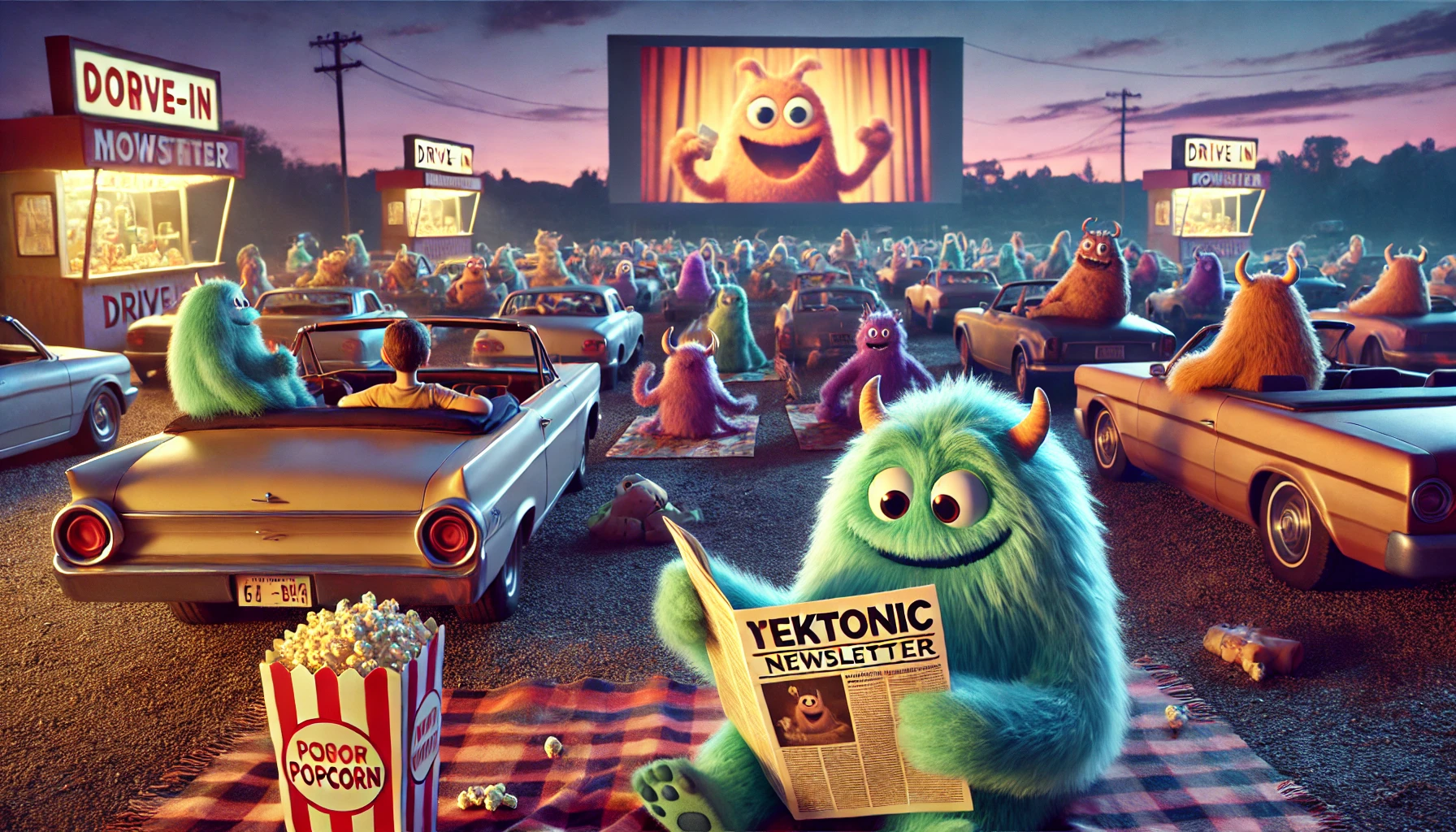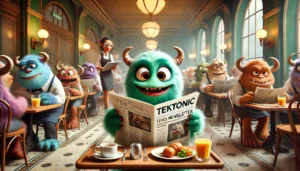The pace of AI advancement continues its unrelenting march towards AGI. While we didn’t see any new frontier models from big AI companies, we saw developments ranging from novel AI-driven health diagnostics to the shifting software development landscape. Meanwhile, the ethical implications of AI in education and the growing concerns over algorithmic biases are prompting both regulatory actions and grassroots efforts.
One of my favorite revelations from this week came from Slingshot’s survey. It shows that 77% of workers are not sure how to use AI, while 62% use it to double-check their work rather than generate it. Of the 1 to 4 hours saved daily, most employees use that time to meet deadlines and leave the rest for something else (but not work). The other significant chunk of news is the beating the software development occupation is taking. This week, we learned from Amazon’s cloud boss that he believes software development will be gone in 24 months, as a new GitHub survey reveals that 97% of developers use AI. This was echoed in a Financial Times article that explains how over $1B has gone into AI coding startups as companies see synthetic software developers as GenAI’s “killer app.” Is humanity ready to deal with the mountains of untested AI-generated code injected into our systems?
One of the significant highlights from the week comes from NVIDIA, which has unveiled its first on-device small language model, Nemotron-4 4B Instruct, at Gamescom. This advancement promises to revolutionize digital interactions by making digital humans more lifelike in portable applications, transforming everything from customer service to gaming experiences.
Meanwhile, the AI industry faces its own set of challenges. A new AI system, “The AI Scientist,” can independently ideate, review research, and write science papers, raising significant concerns within the scientific community. While the system can produce research at a fraction of the time and cost it would take a human, experts worry about the potential for mass production of low-quality or even fraudulent research, which could flood academic journals.
In the legal sphere, AI’s rapid integration is also stirring concerns. Illinois has joined Colorado as one of the few states in the U.S. to regulate algorithmic discrimination in private-sector AI systems.
AI’s impact is palpable on the business front, yet not without its setbacks. Cohere, a leading AI startup, made headlines twice this week—first for raising $500 million in funding and then, surprisingly, for laying off 20 employees the next day.
Elon Musk, always a central figure in tech news, was also scrutinized. According to the Wall Street Journal, his acquisition of Twitter, now known as X, has become one of the worst bank buyout deals since the financial crisis, with the debt of $13 billion from the purchase weighing heavily on financial institutions. Coincidentally, a recent filing revealed that organizations linked to prominent figures like Bill Ackman and Sean Combs are now critical stakeholders in X, adding another layer of intrigue to Musk’s controversial social media venture.
This week, we learned that Slack patched a significant vulnerability in its cybersecurity AI system that could have allowed insider phishing attacks. We also learned that, aside from losing vacation days, 72% of US executives are targeted by cybersecurity criminals.
On a controversial note, Microsoft confirmed that the much-anticipated Recall feature will be coming to Windows 11 prerelease in October. While this feature will initially roll out in preview builds, its full release may not happen until 2025. Recall is expected to enhance user productivity by allowing them to revert to previous versions of their work effortlessly.
In education, a professor at Florida International University took a bold step by asking her students to create an AI policy for their classes. Interestingly, the students’ guidelines were stricter than what the professor might have imposed, reflecting the growing awareness and concern around AI ethics among the younger generation. This trend is further highlighted by Cengage’s launch of its GenAI-powered student assistant, which aims to personalize learning experiences, underscoring AI’s increasing role in education just as 68% of students say AI positively affects their studies.
In the political sphere, California’s proposed AI legislation, SB 1047, has sparked debate between major AI companies like Anthropic and OpenAI. Anthropic has cautiously endorsed the amended bill, suggesting its benefits outweigh the costs, while OpenAI has raised concerns that such regulations could stifle innovation.
The business world is also feeling the impact of AI. General Motors announced the layoff of 1,000 software jobs as it shifts focus towards high-priority initiatives, including AI-driven projects. This decision reflects a broader trend where companies are realigning their workforce to embrace AI. Additionally, over half of Fortune 500 companies now consider AI an existential potential risk factor.
In the healthcare sector, Google AI has made a breakthrough with its Acoustic Representations model, which can detect life-threatening diseases through the sound of a cough. This innovation, which is being tested in India, highlights the potential of AI to revolutionize diagnostics, particularly in regions with limited access to healthcare resources. Similarly, Epic, the leading electronic medical record system, is pushing forward with AI applications in electronic health records to streamline clinical workflows.
Meanwhile, in the world of robotics, Unitree Robotics’ G1 $16K humanoid robot is poised to enter mass production, signaling a new era where advanced robotics may soon become commonplace in various industries. This development and Apple’s rumored robotic iPad suggest that we are on the cusp of a new wave of consumer-oriented robotics that could transform daily life.
Finally, OpenAI is quietly building a media content empire in the media and entertainment sector through recent partnerships with major outlets like the Associated Press and Condé Nast, just as a new startup seeking to protect all content with blockchain. We also heard music artist Will.i.am ask artists to rediscover their secret sauce amidst AI’s proliferation.
That is it. Stay tuned for more news next week. I APPRECIATE ALL THE READERS. Help spread the word. I put these newsletters together so productive humans like you can stay on top of the latest AI stories shaping our world.
If you like these weekly tech news reports, subscribe to get notified of new editions and updates. For daily updates, check out our news page. For a more in-depth analysis of the week’s news, sign up for our free weekly newsletter to the right of the daily news, or follow me on Twitter or YouTube.



